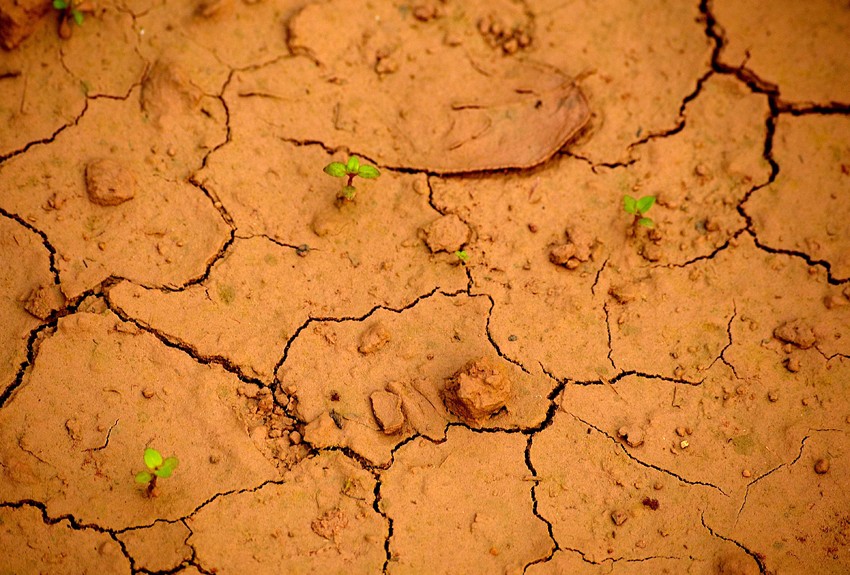The SANE Blog
What is post-traumatic growth?
In your search for happiness and peace of mind, would you value closer relationships with friends and family, more appreciation for life and a greater sense of your own strength?
You would, right?
But what if you were told the price for this growth, this peace of mind, is a traumatic event? Something so shocking and painful you will be profoundly changed.
I'm guessing that the answer is no. Or 'I'll find another way, thanks' . . . That's certainly how I feel.
But try as we might, we can't all avoid traumatic events. They happen to us and to the people we love. And for a period of time we are utterly shattered. They strip us of our sense of safety and trust. Leave us feeling alone and exposed.
We feel duped. We know this stuff happens but isn't supposed to happen to us and our loved ones. It feels undeserved and unfair.
The process of re-building after a traumatic event is generally slow and painful. We need to come to terms with our losses and adjust to a new more frightening reality. Resilience has become a term frequently cited to describe the process of 'bouncing back'. The concept of 'post-traumatic growth' suggests it is possible for some of us bounce back higher than we were before the traumatic event.
Since the mid 90's researchers have studied this concept and have found that somewhere between 50 and 70% of people who survive a traumatic event report positive changes. They've experienced personal growth. This doesn't mean they avoid the impact, the pain, or the suffering. But over time - as they rebuild their lives - new qualities, attitudes and behaviours emerge.
People may feel closer to friends and family. They may be more willing to invest time in relationships. They may rethink their priorities and change paths into more meaningful work or 'purpose'. They may suddenly have access to greater wisdom, feel grateful and gain a sharper appreciation for life. These people view themselves as stronger and more capable than before. Some even develop a new or deeper spirituality. This being said, not everyone will experience growth in all areas. They may report growth in some aspects of life and not others.
We don't yet fully understand what determines the bounce or growth following trauma. It doesn't seem strongly connected to the type of event, so we can't say for certain that some traumas are more or less likely to result in post-traumatic growth.
Some studies have identified personality characteristics that may play a role. People who are extraverted and are generally more open to new experiences report more growth. This could be because they are more likely to use active coping strategies that connect them to people and support.
More philosophically, it may be that a willingness to 're-understand everything' can help to foster post-traumatic growth.
It seems that the very process of finding meaning in our suffering - and forming new beliefs about yourself and the world around you - can sow the seeds for growth.
Having people to talk to, such as loved ones or professional support, helps to build a new narrative that takes us past surviving and guides us in the direction of post-traumatic growth.
Have you experienced post-traumatic growth? Or maybe you're interested in this topic. Add your thoughts to the discussion on Facebook.
When you subscribe to the blog, we will send you an e-mail when there are new updates on the site so you wouldn't miss them.
